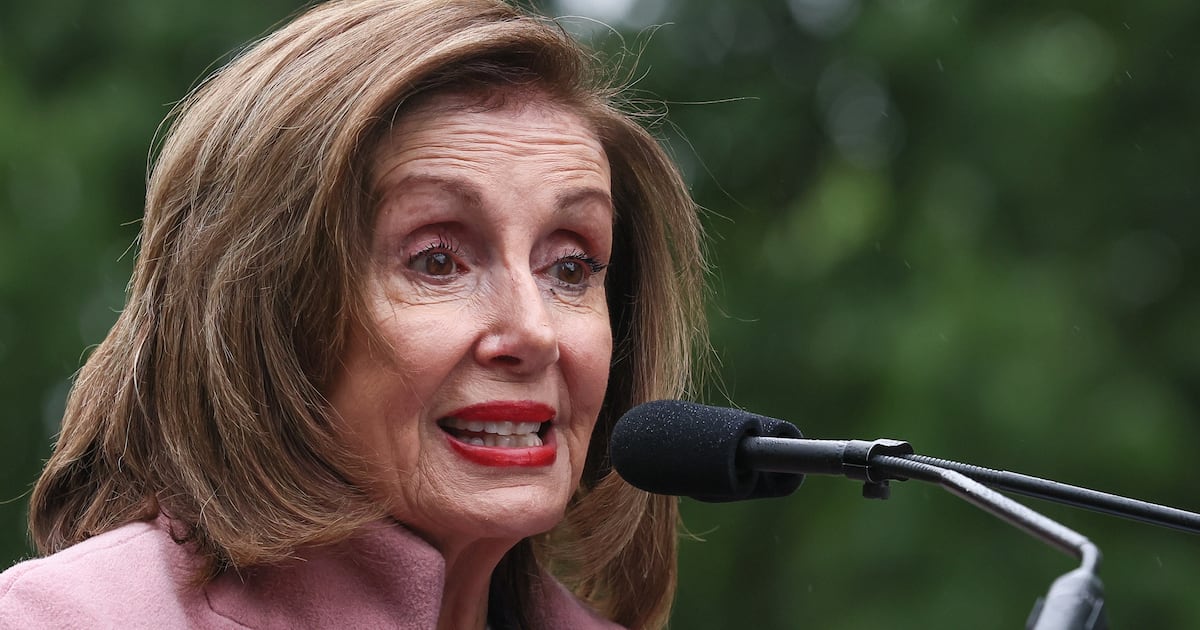
What made the Brooke Astor trial, which ended Thursday with a guilty verdict for the socialite’s son and his lawyer, riveting to the very end was that it seemed to hit on almost all seven deadly sins—perhaps even coining an eighth: stupidity. How else to characterize such a profound lack of self-awareness?
A few days into jury deliberations, I found myself at the end of the day on the uptown Lexington Avenue local with Joel Seidemann, one of the prosecutors in the case. What I found remarkable about our conversation on the train is that after three years of preparation and almost six months of trial, Mr. Seidemann seemed just as intrigued and baffled by the central element of the case as I was. And it’s this: What demons, what egregious lack of common decency (not to mention common sense), possessed Anthony Marshall, his wife, Charlene, and his lawyer and co-defendant, Francis Morrissey, to believe they could get away with overturning Brooke Astor’s will, enriching themselves at the expense of the very institutions on which she’d built her reputation as a secular saint, a cultural icon, New York’s highest-profile philanthropist, the last of the grandes dames. Oh, yes—and she just happened to have Alzheimer’s disease.
The central mystery remains: What dark forces compelled the perpetrators to commit their crimes?
On Thursday the jury convicted Messrs. Marshall and Morrissey on almost all counts, with both Mr. Marshall, 85, and Mr. Morrissey, 66, facing jail time. Obviously, the perpetrators couldn’t have predicted their misdeeds would result in a marathon criminal trial and months, no years, of tabloid headlines when they dragged the demented Astor into her library in January 2004. There they compelled Astor to change her will, giving Tony and ultimately Charlene most of her fortune; three months later, Mr. Morrissey forged her signature on another codicil. They could not have known that in two years’ time, Philip Marshall would challenge his father’s guardianship of Astor, triggering the criminal charges and tabloid frenzy.
• Read Ralph Gardner Jr.’s full coverage of the Astor trial. • Philip Bump: I Was an Astor Trial Juror
Nonetheless, couldn’t Tony and Charlene have lived on the $20 million Tony conservatively stood to inherit if he hadn’t touched his mother’s will? Didn’t it occur to Charlene—an avid churchgoer—that no good could come from making her own children the ultimate beneficiary of the Astor fortune at the expense of Brooke’s biological grandchildren, Philip and Alex Marshall? And what of Mr. Morrissey, who had gotten in trouble on previous occasions when he found himself the beneficiary of the estates of the demented elderly? Shouldn’t he have known that it was only a matter of time until some prosecutor somewhere caught up with him?
At some point during jury deliberations, I turned to Meryl Gordon, who was covering the case for Vanity Fair magazine and marveled at my emotional investment in the case, an investment she shared. Meryl observed that it was totally logical considering how much time we’d spent in court. But it was more than that. It was because the suspects’ sins seemed so dastardly I wanted to see justice done. I wanted to see Tony punished for trying to close Holly Hill, the Westchester home his mother loved so much she repeatedly professed a desire to die there, and for being so cheap he wouldn’t even buy a security gate to prevent Brooke from tumbling down the stairs of her Park Avenue duplex; I wanted to see Charlene, whom Brooke hated, prevented from inheriting her fortune; and I wanted Mr. Morrissey’s shady career to catch up with him.
All that has happened with the jury’s verdict. But the central mystery remains: What dark forces compelled the perpetrators to commit their crimes? Perhaps they couldn’t answer that question themselves. Perhaps if they could, they wouldn’t have committed them.
Ralph Gardner, Jr. is freelance writer whose work has appeared in New York magazine, The New York Observer, The New Yorker and other publications.






